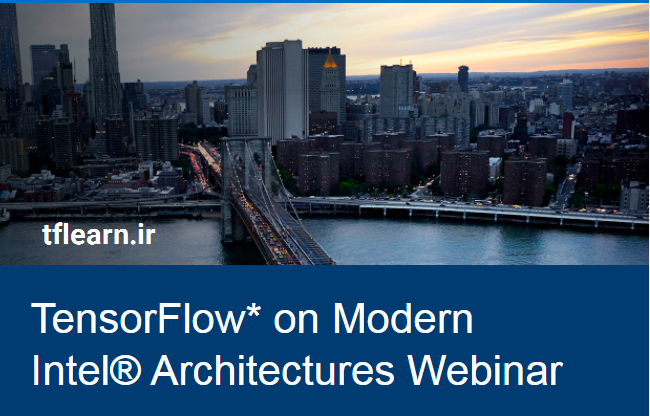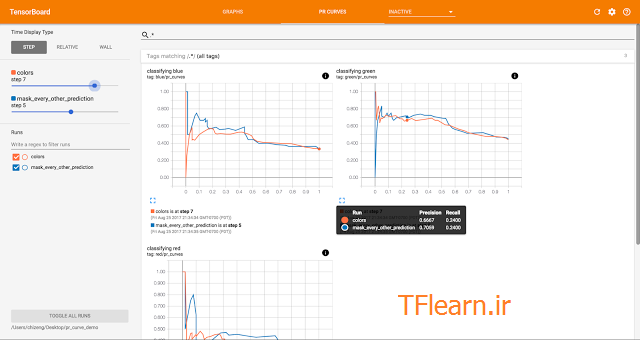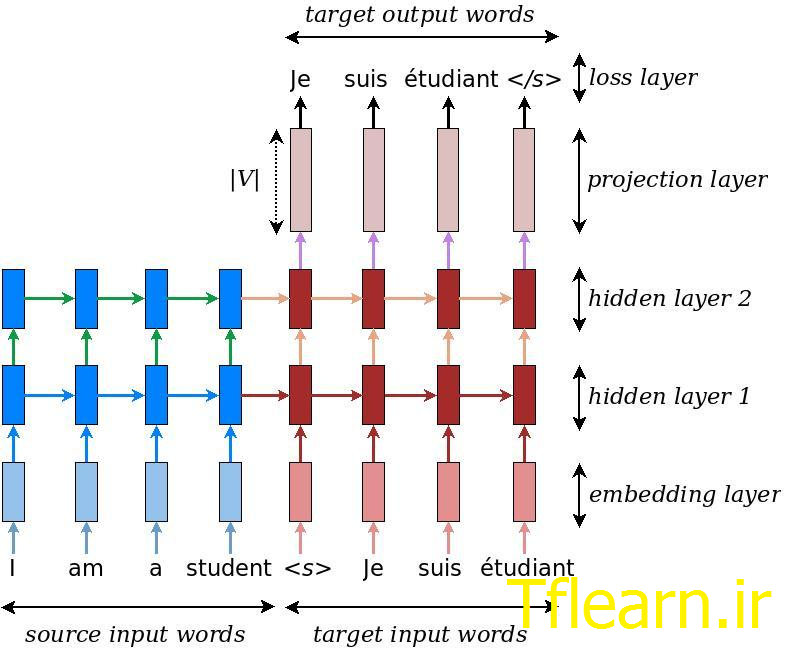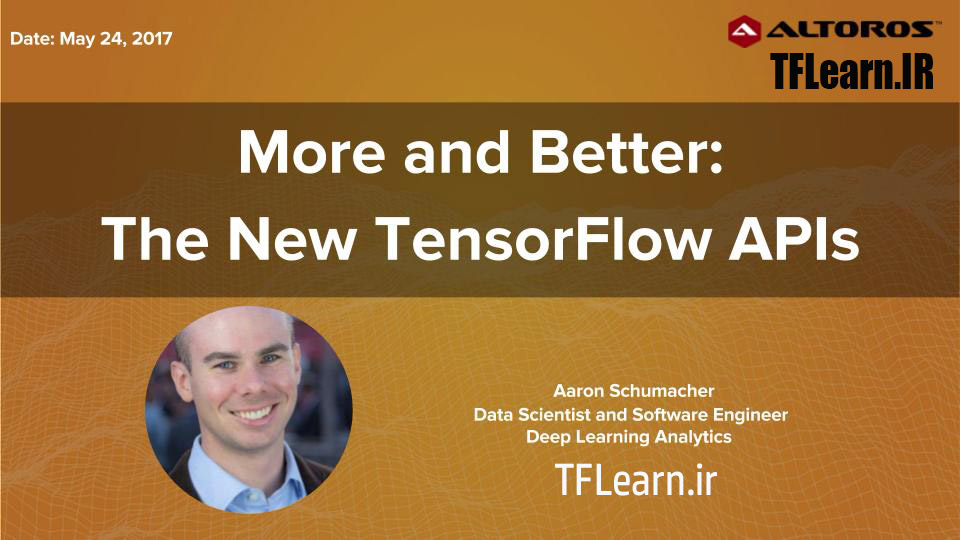وبینار آموزشی TensorFlow بر روی معماریهای جدید Intel
بسیاری از افرادی که از کارت گرافیکهای Intel نظیر Iris استفاده میکنند این مشکل را دارند که نمیتوانند از تنسورفلو بر روی کارت گرافیک خود استفاده کنند.
در این وبینار به مرور استفاده بهینه سازی شده از تنسورفلو بر روی پردازندههای گرافیکی و معماریهای حدید اینتل پرداخته میشود.
طبق گفته اینتل در این وبینار با چالش های کلیدی عملکرد مواجه می شوند در حالی که بهینه سازی TensorFlow و همچنین تکنیک های بهینه سازی مستقر برای حل این چالش ها بحث خواهد شد. همچنین اعمال بهینه سازی یک چارچوب یادگیری عمیق مانند TensorFlow* با بهینه سازی در برنامه های کاربردی رایج نظیر HPC و حوزه های دیگر مورد بررسی قرار میگیرند. در نهایت، به ارائه دستورالعملی در مورد چگونگی رسیدن به بهترین عملکرد در پردازنده های Xeon اینتل و پردازنده های Xeon Phi ™ به دانشمندان و مهندسان داده ارائه میشود.
برای ثبت نام از لینک https://goo.gl/UuVDi0 استفاده کنید.
درباره سخنران

ElMoustapha Ould-Ahmed-Vall
Senior Principal Engineer in Artificial Intelligence Products Group (AIPG)
Moustapha (ElMoustapha Ould-Ahmed-Vall) is currently a Senior Principal Engineer in the Artificial Intelligence Products Group (AIPG) at Intel working with Machine Learning and Deep Learning performance optimizations. He was a key contributor to a number of performance features in successive Intel processors, specifically the architecture of AVX-512 and its performance evaluation. He was also involved with HSW new instructions (bit manipulation new instructions and AVX2) and conducted extensive performance analysis and tuning work on many high performance applications since joining Intel in 2007. He has more than 170 patents granted or pending in the areas of computer architecture, performance optimization, HPC, cloud and machine learning and over 20 peer-reviewed research publications.
Moustapha recieved his Diplôme d’Ingénieur in Computer Science from Université de Technologie de Compiègne, France in 2003. He received his Master of Science (M.S.) and Doctor of Philosophy (Ph.D.) degrees in Electrical and Computer from the Georgia Institute of Technology, USA in 2004 and 2007.




Thanks, great article.